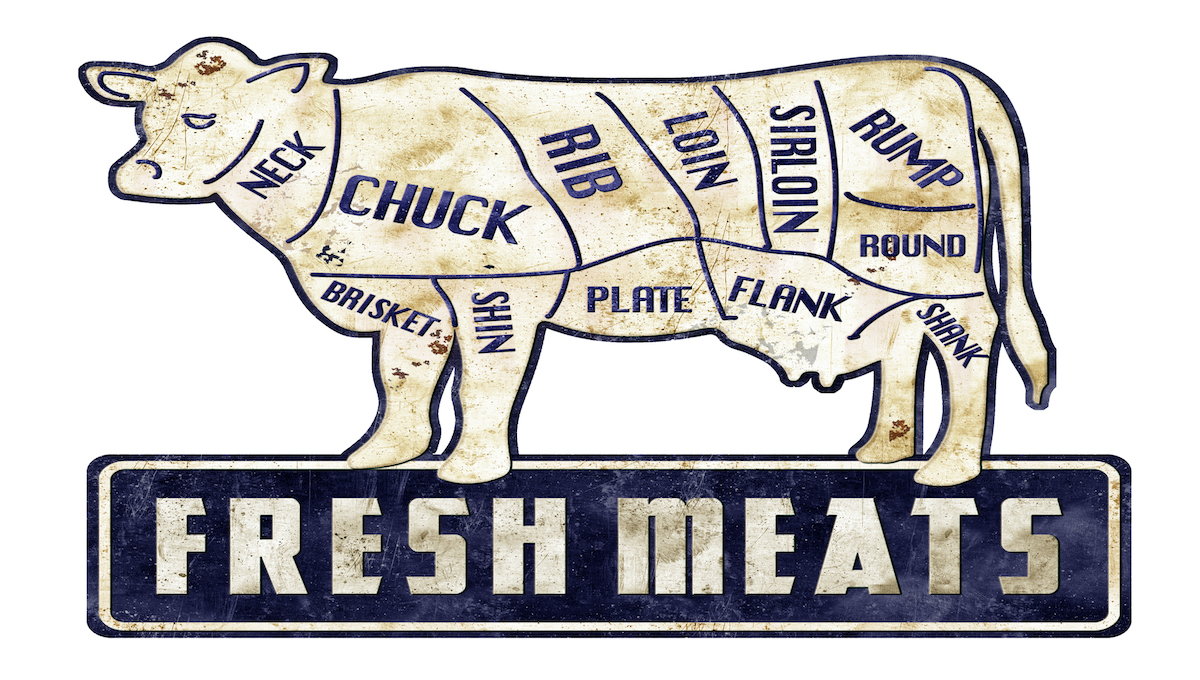Colorado’s bill for deregulation of meat sales sent to a joint conference committee

A bill with the Colorado Legislature’s unanimous support for an alternative way of acquiring meat within the state has hit a snag.
Before April 1, it looked like the Colorado General Assembly was about to send Senate Bill 21-079 to the governor for his signature. The new law takes effect immediately with his signature. It would permit Colorado consumers to buy shares of animals for eating that have not been inspected and are from Colorado producers who are not licensed.
The hold-up on the legislation, now going on two weeks, occurs because the Colorado House and Senate passed slightly different versions of SB-21-079.
The Senate did not concur on House amendments but instead requested that the House join them in naming conferees for a conference committee. The conference committee met for the first time Monday and will offer a report today on the Senate Floor.
The House amendments that produced the hang-up involve only 15 lines in the five-page bill. In three lines, the amendment adds Elk to the long list of animals covered by the deregulation bill. The final 12 lines are more significant involving disclaimer policies.
The bill itself is a deregulatory policy, providing for direct sales to consumers by farmers and ranchers,
SB-21-079 allows a person to sell without licenses or inspections certain animals or animal shares without oversight by public health agencies. The disclaimer requirements.
At the point of sale, the House amendments call for signage explaining the sales are not subject to certain state safety regulation. The point of sale disclaimer might also be in the form of a signed written document or the use of placards or signs.
Animals that could be sold in shares, under the law, are cattle, calves, sheep, bison, goats, hogs, rabbits, and likely elk. Animal shares sales are limited to buyers and sellers in Colorado, with deliveries directly to the “end consumer.”
Resales aren’t allowed under the bill, and the seller has no civil liability should the product make someone sick.
The only regulatory authority left in the direct sale is the Colorado Department of Agriculture (CDA) and the State Board of Stock Inspection. CDA’s Brand Board remains responsible for one inspection before slaughter.
Once the joint conference committee reaches an agreement, both Houses will have to vote on the bill again. It is officially known as the “Ranch to Plate Act.”
The minimum for an animal share is one percent.
Colorado Gov. Jared Polis was a member of the “Food Freedom” caucus when he was in Congress and will likely sign SB 21-079 as soon as it reaches his desk.
The Colorado General Assembly is scheduled to remain in session until May 13.
(To sign up for a free subscription to Food Safety News, click here.)
